Table of Contents
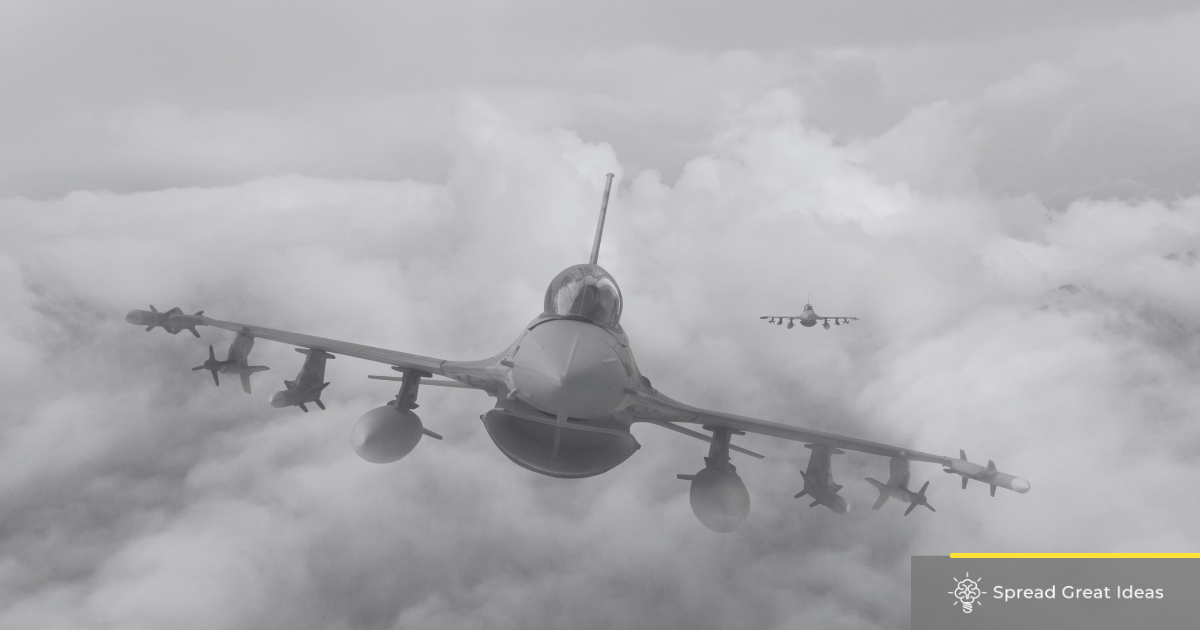
It is rare to find a person who opposes the exercise of force. The real question is: When is force justified, and when is it necessary? This is one of the most important questions in human philosophy, whether one is talking about defending oneself or the bigger questions of war.
We don’t pretend to have arrived at any conclusive answer on this question. We do, however, consider the words of many of history’s wisest men to be worth considering.
Even government force is not confined to the realm of war, but also the enforcement of laws. Should there be laws? If so, what ought they to be and why? When is it right and necessary for a man to resist these laws? These are, much like the above questions of the exercise of force, critical and crucial questions that go to the heart of human philosophy. Indeed, they are in many ways a simple restatement of these questions.
The following collection of quotes comes from all over the political spectrum. We do not believe that there is a single viewpoint holding a monopoly on the truth with regard to this question. Rather, a multi-faceted approach provides a fuller picture of this important topic. We hope that you will read something here that will enhance your own thinking on the subject.
Quotes About the Justification of Force
Niccoló Machiavelli
“Here a question arises: whether it is better to be loved than feared, or the reverse. The answer is, of course, that it would be best to be both loved and feared. But since the two rarely come together, anyone compelled to choose will find greater security in being feared than in being loved…Love endures by a bond which men, being fickle, may break whenever it serves their advantage to do so; but fear is supported by the dread of pain, which is ever present.”
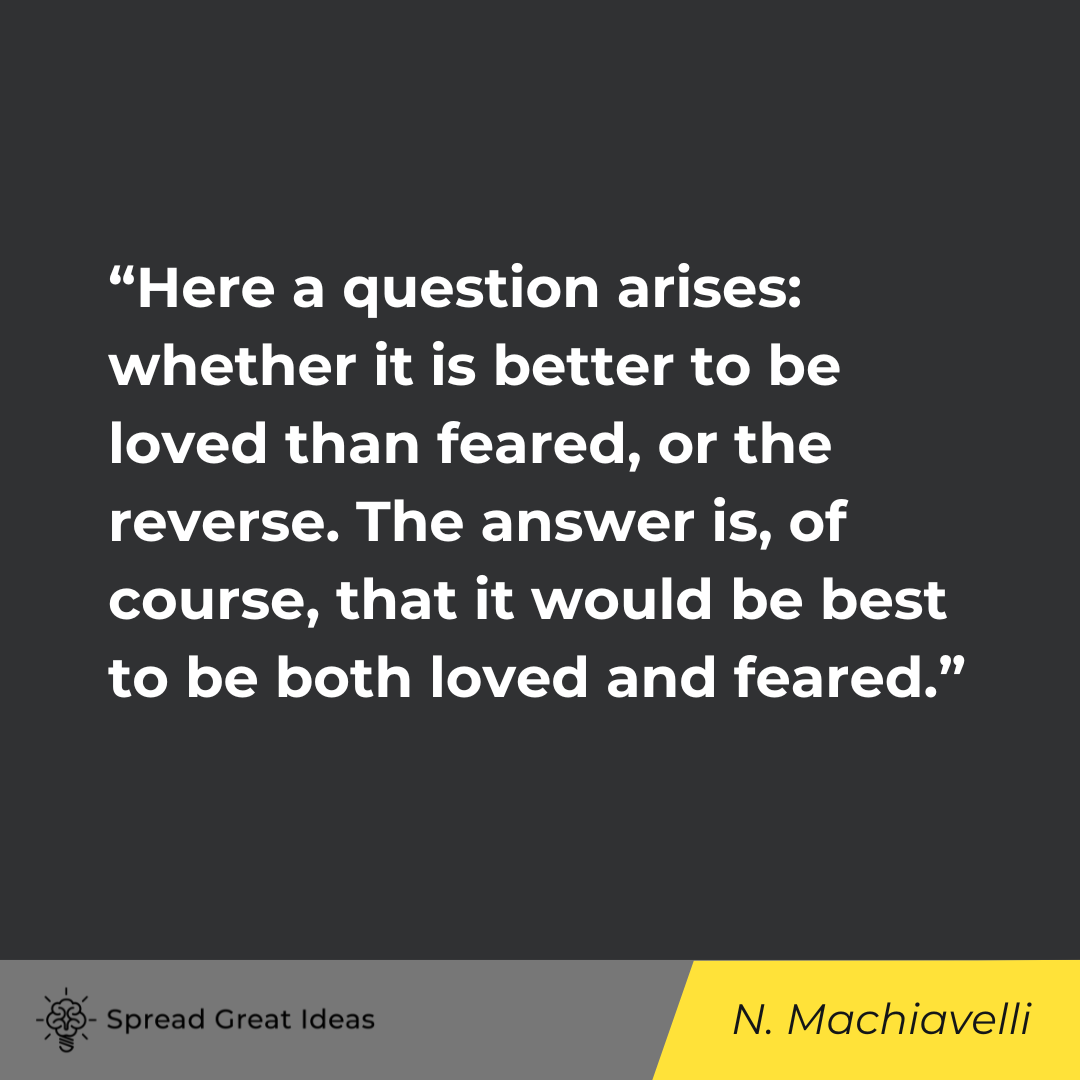
“Injuries ought to be done all at one time, so that, being tasted less, they offend less; benefits ought to be given little by little, so that the flavor of them may last longer.”
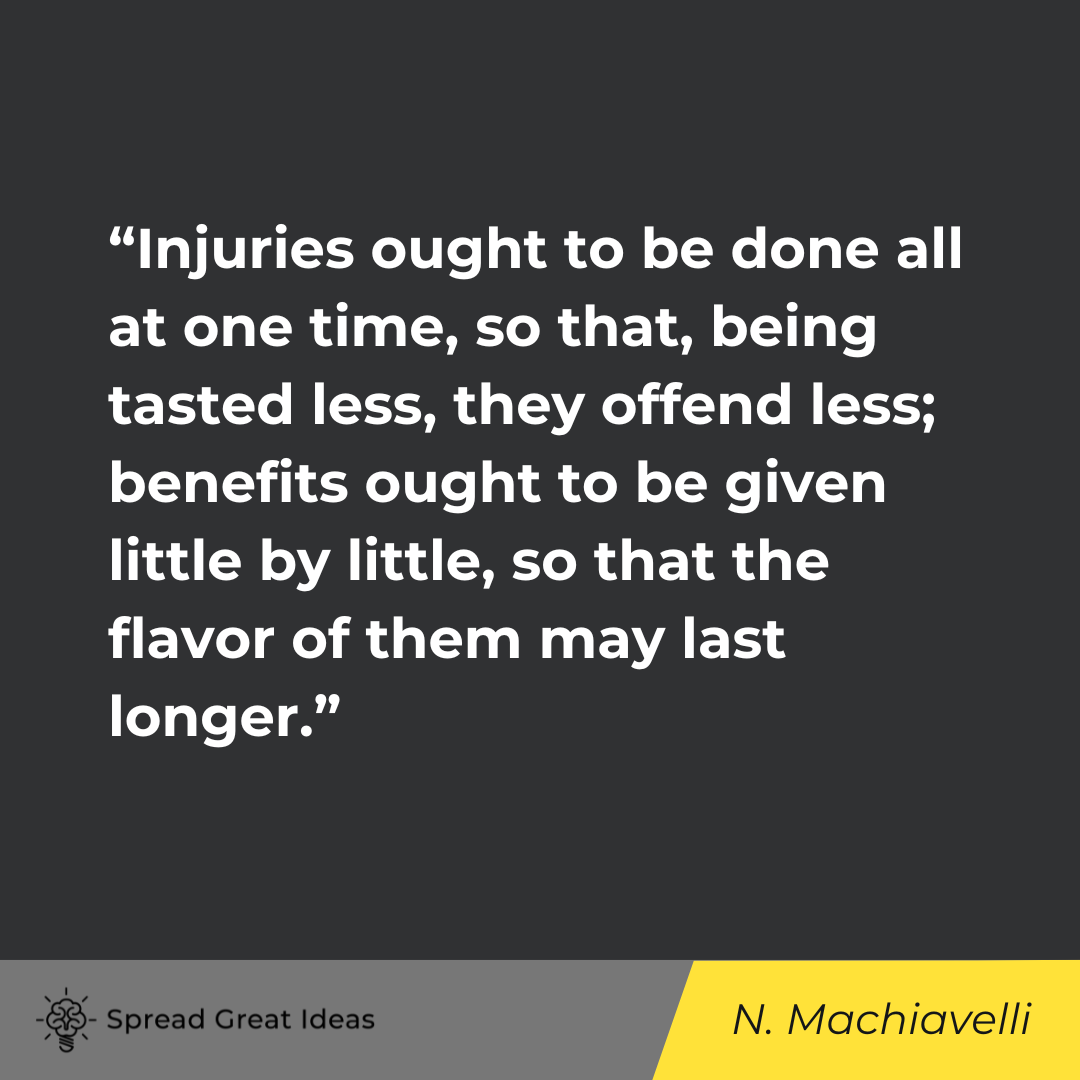
“I am firmly convinced, therefore, that to set up a republic which is to last a long time, the way to set about it is to constitute it as Sparta and Venice were constituted; to place it in a strong position, and so to fortify it that no one will dream of taking it by a sudden assault; and, on the other hand, not to make it so large as to appear formidable to its neighbors. It should in this way be able to enjoy its form of government for a long time. For war is made on a commonwealth for two reasons: to subjugate it, and for fear of being subjugated by it.”
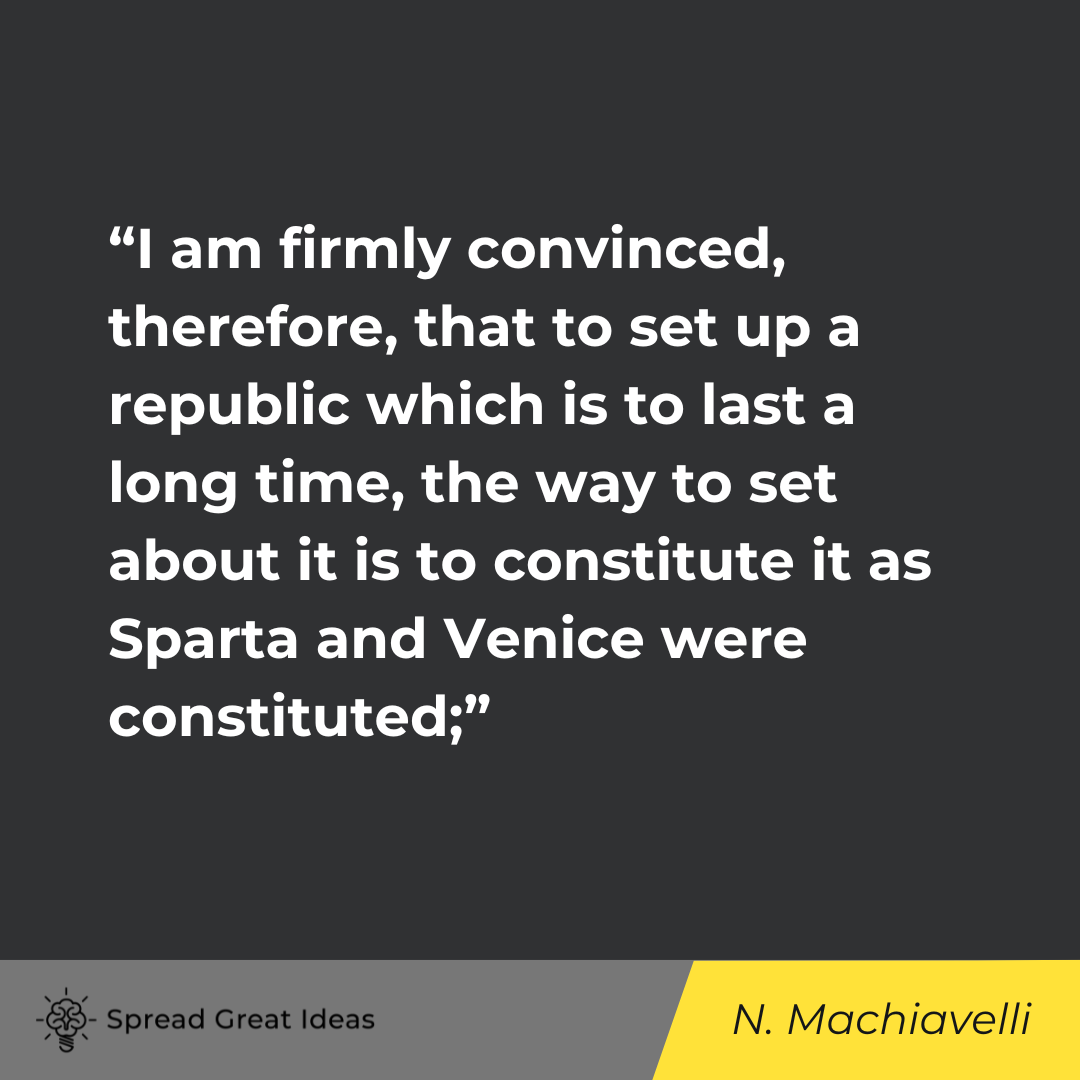
“You must know, then, that there are two methods of fighting, one with laws, the other with force: the first one is proper to man, the second to beasts; but because the first one often does not suffice, one has to have recourse to the second. Therefore, it is necessary for a prince to know well how to use the beast and the man.”
Francisco José de Paula Santander
“Colombianos las armas os han dado la independencia, las leyes os darán la libertad.”
“Colombians arms have given us independence, laws will give us liberty.”
– Francisco José de Paula Santander
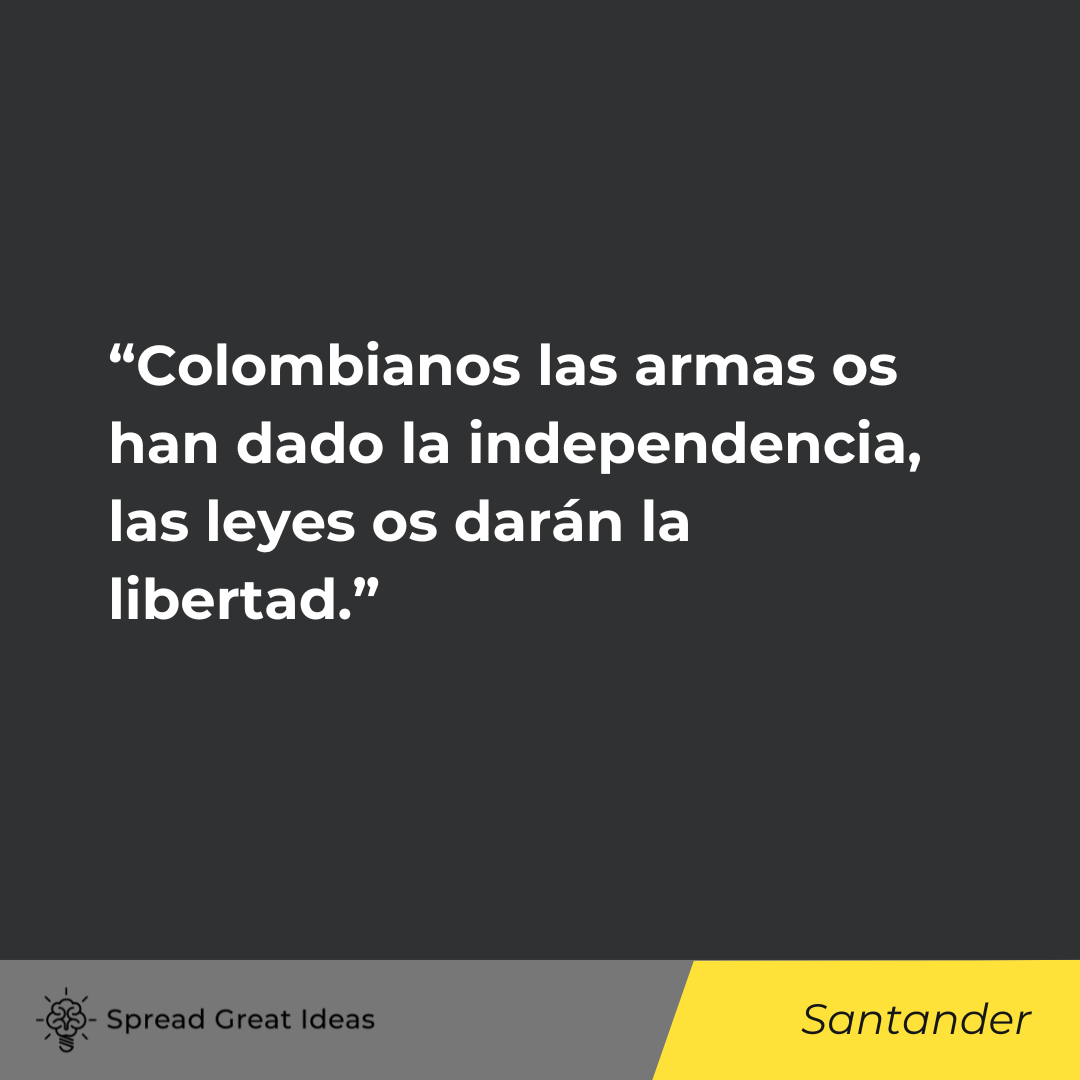
Smedley Butler
“There are only two things we should fight for. One is the defense of our homes and the other is the Bill of Rights.”
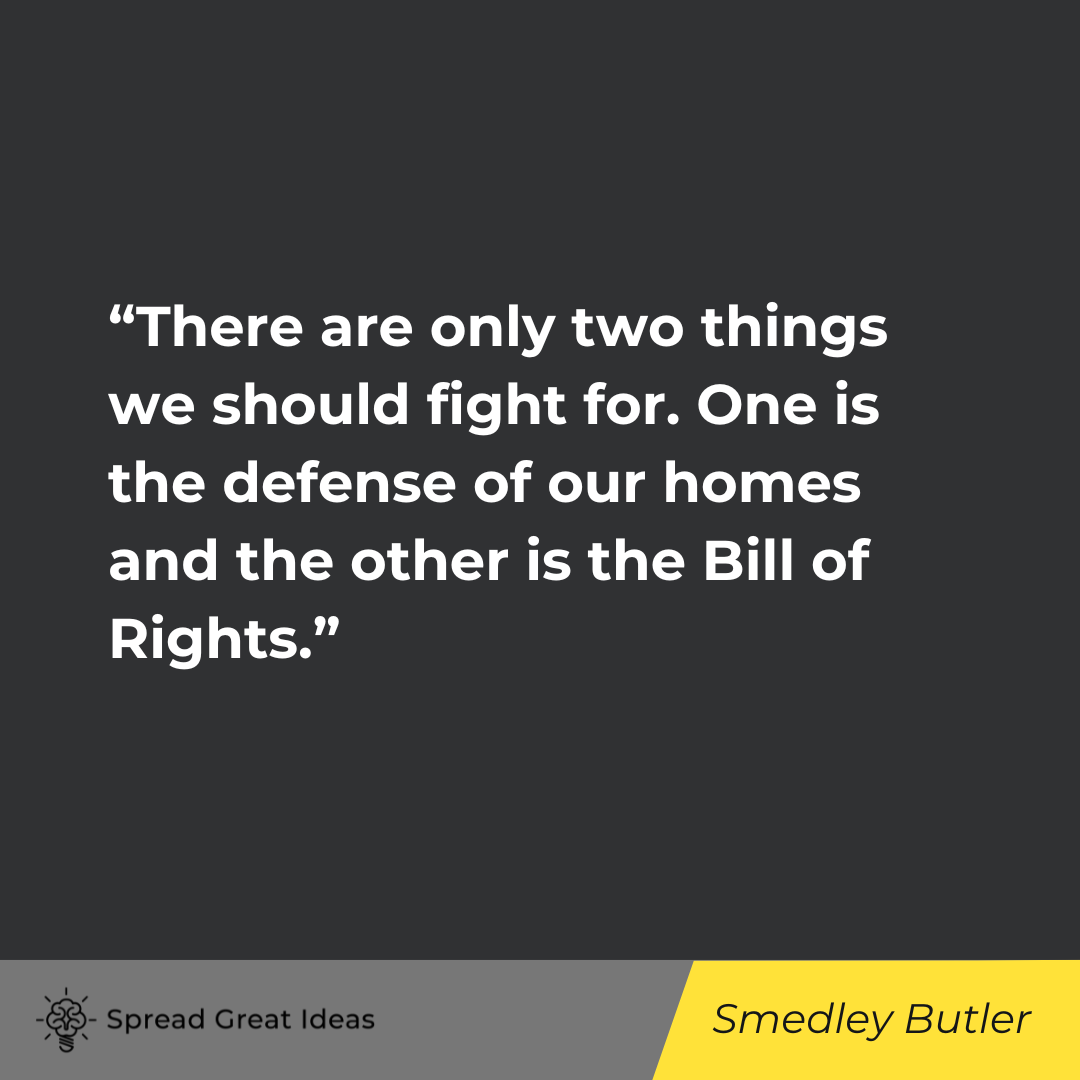
Quotes About Self Defense
Ayn Rand
“The necessary consequence of man’s right to life is his right to self-defense. In a civilized society, force may be used only in retaliation and only against those who initiate its use. All the reasons which make the initiation of physical force an evil, make the retaliatory use of physical force a moral imperative.”
“If some ‘pacifist’ society renounced the retaliatory use of force, it would be left helplessly at the mercy of the first thug who decided to be immoral. Such a society would achieve the opposite of its intention: instead of abolishing evil, it would encourage and reward it.”
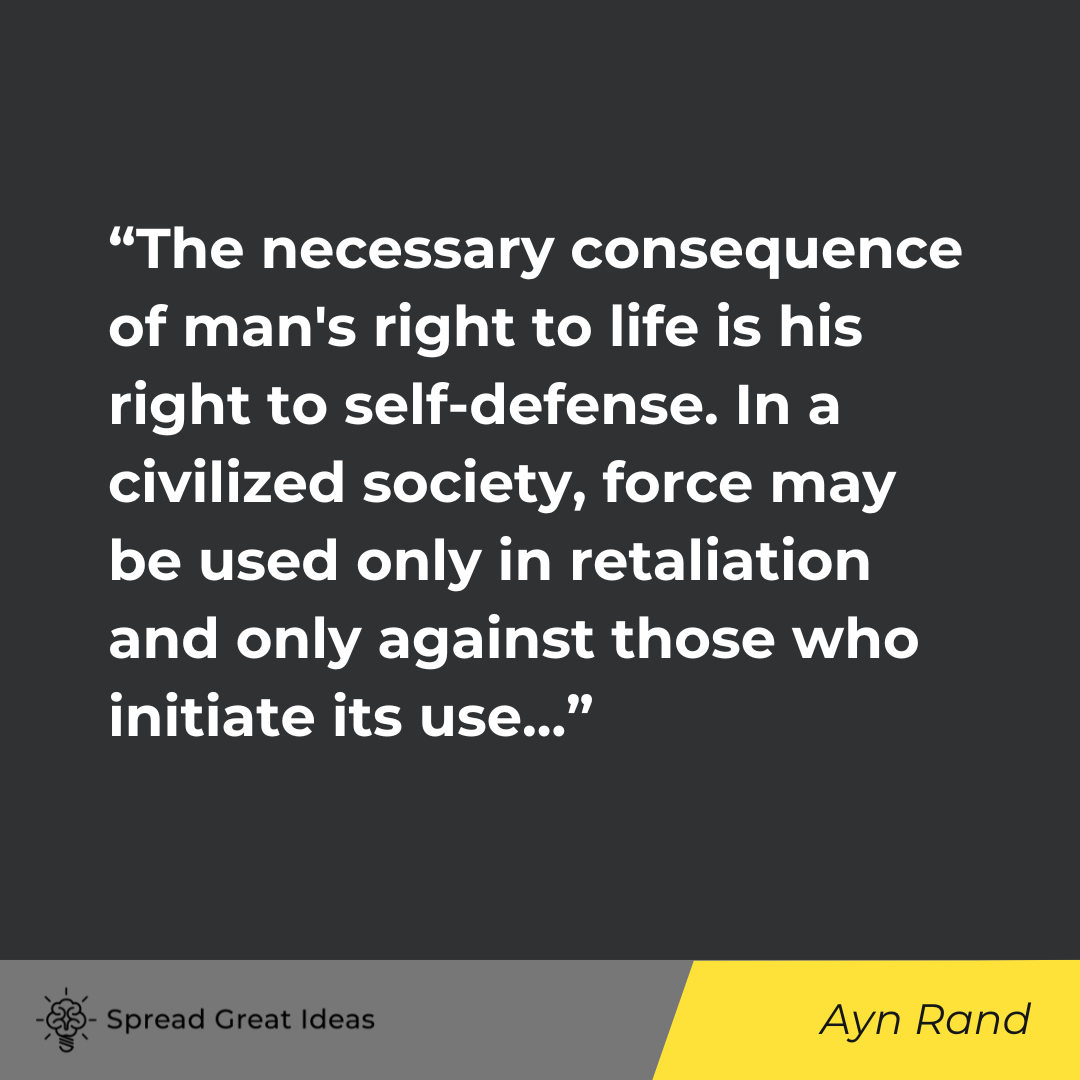
Ralph Waldo Emerson
“Nature has made up her mind that what cannot defend itself shall not be defended.”
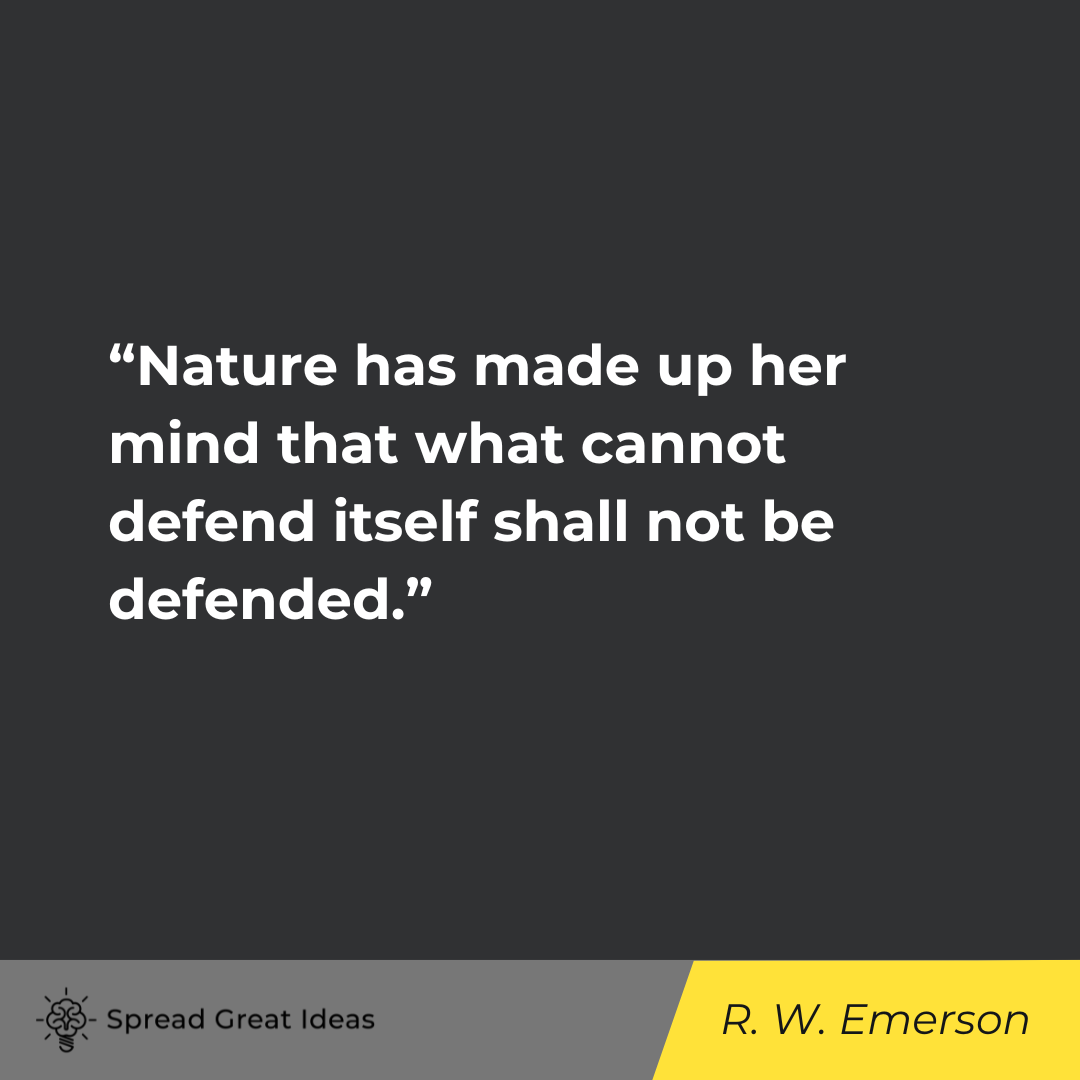
Alexandre Dumas
“There are no creatures that walk the earth, not even those animals we have labelled cowards, which will not show courage when required to defend themselves.”
– Alexandre Dumas, The Vicomte de Bragelonne
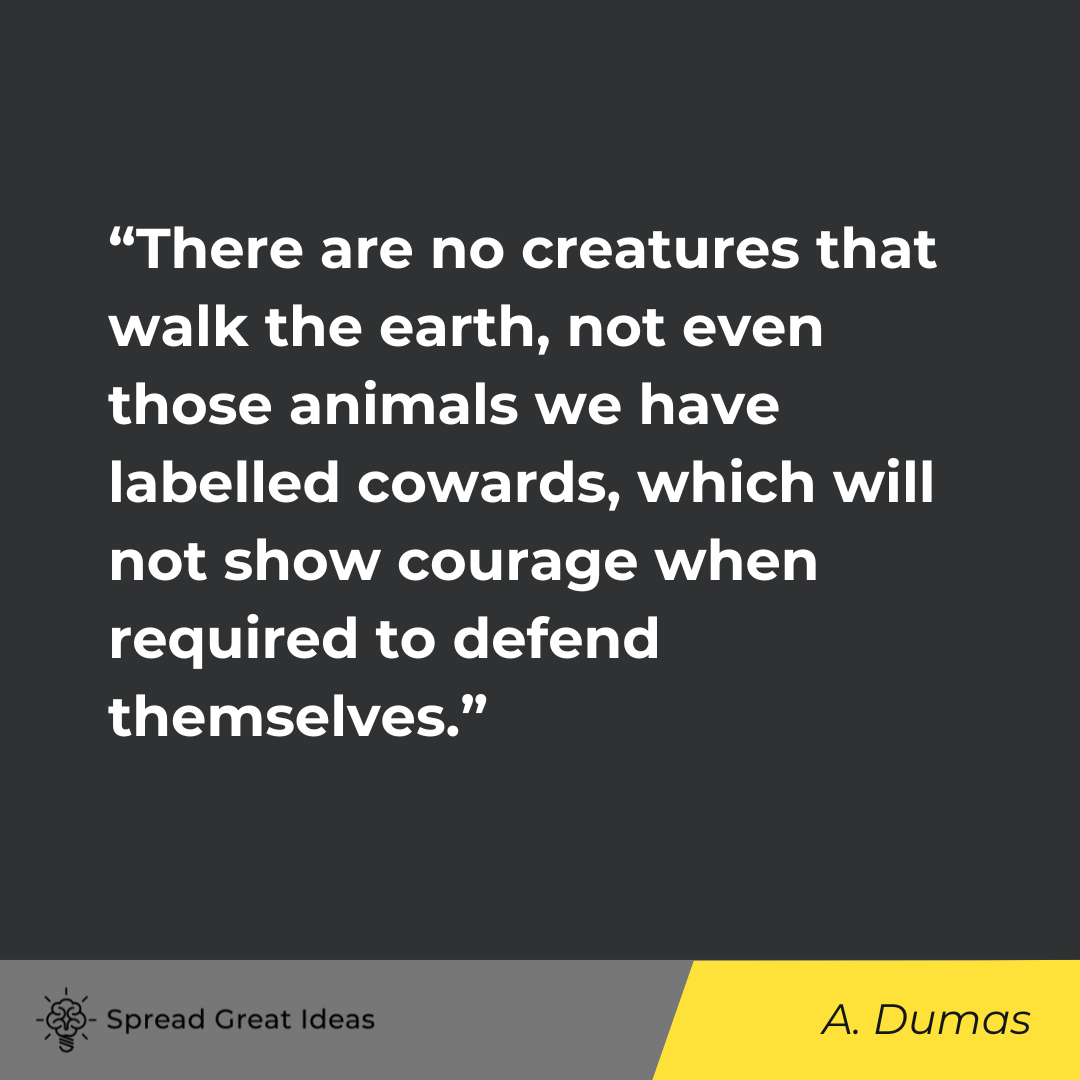
Minimum Necessary Force
There's an old saying, something about using a sledgehammer to kill a fly. This cliché demonstrates the principle of minimum necessary force. The basic idea is one deeply steeped in…